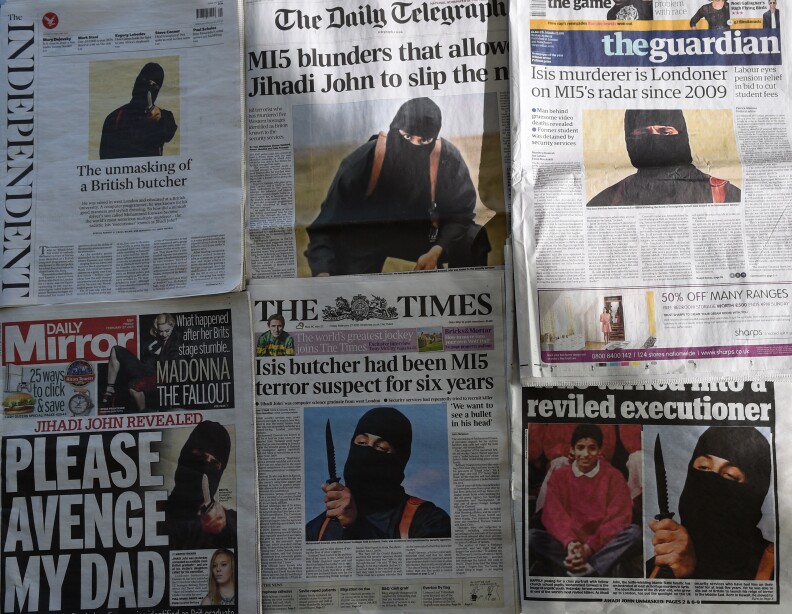President Barack Obama on Monday referred to the group claiming responsibility for the Paris attacks as ISIL, the Islamic State of Iraq and the Levant.
World leaders have also called the group ISIS, the Islamic State, or the so-called Islamic state. If you heard France's President Francois Hollande speak over the weekend, you also heard him use the term Daesh.
"It's an acronym [in Arabic] that's been used fairly commonly for a while in the region by people on the ground who actually have to deal with the daily brunt of brutality from this terrorist organization," said
, who wrote about the term for the Boston Globe.
The term also carries an added layer of meaning, as it sounds similar to an Arabic word that means someone who has been defeated or trampled on, said
, a religious scholar based in Los Angeles and president of the Bayan Claremont Islamic Graduate School.
"It's a way to undermine the legitimacy and also not acknowledge any of the Islamic claims of this group," said Turk.



